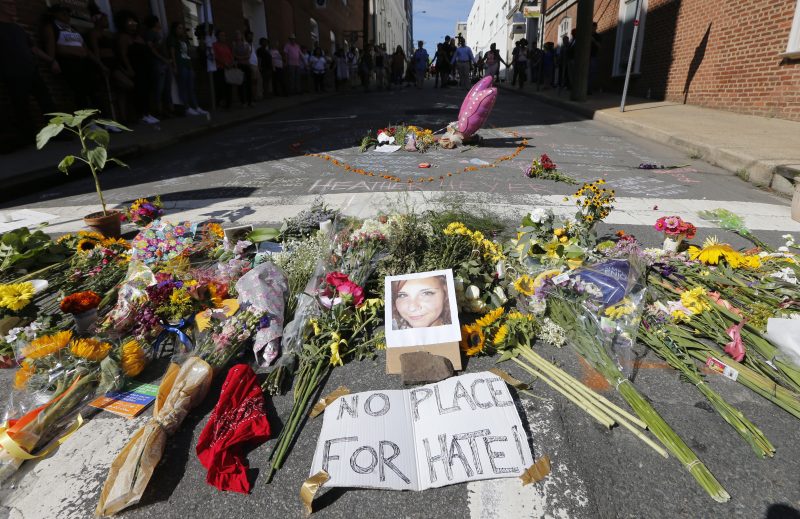In a recent public declarations from the 45th President of the United States, Donald Trump made a controversial statement that has sparked debates and discussions worldwide. The comment in question involves his use of the phrase very fine people during a press conference regarding the tragic events that unfolded in Charlottesville, Virginia in 2017. While Trump’s words at face value appeared to defend individuals on both sides of the events, many were quick to interpret a deeper, more sinister meaning behind his rhetoric.
When analyzing what Trump said with his very fine people comments versus what he meant, it is crucial to consider the context in which these words were spoken. In the aftermath of the violent clashes between white nationalists and counter-protesters in Charlottesville, Trump’s response was met with criticism for his perceived equivocation in condemning the actions of white supremacists. By stating that there were very fine people on both sides, Trump seemed to draw a false equivalency between those promoting hate and bigotry and those standing against them.
Despite his subsequent attempts to clarify his statements and denounce racism, many viewed Trump’s initial remarks as a tacit endorsement of the far-right groups involved in the Charlottesville incident. His choice of words fueled speculation about his true intentions and beliefs, leading to widespread condemnation from political opponents, civil rights organizations, and the general public.
Some argue that Trump’s use of the phrase very fine people was a deliberate tactic to appeal to his base and avoid alienating a segment of his supporters who may sympathize with the white nationalist movement. By casting doubt on the culpability of extremist groups and suggesting that there were decent individuals among them, Trump may have sought to sow division and confusion while shoring up his political base.
Others believe that Trump’s comments reflect a lack of moral clarity and leadership in addressing the deeply rooted issues of race and prejudice in American society. His failure to unequivocally denounce white supremacy and hatred has been seen as a missed opportunity to unite the country and promote healing in the wake of a national tragedy.
In the end, the debate over what Trump said with his very fine people comments versus what he meant is a complex and contentious issue that speaks to larger questions about political rhetoric, moral leadership, and the battle against hate and intolerance. While interpretations may vary, one thing remains clear: words matter, especially when spoken by those in positions of power and influence.
